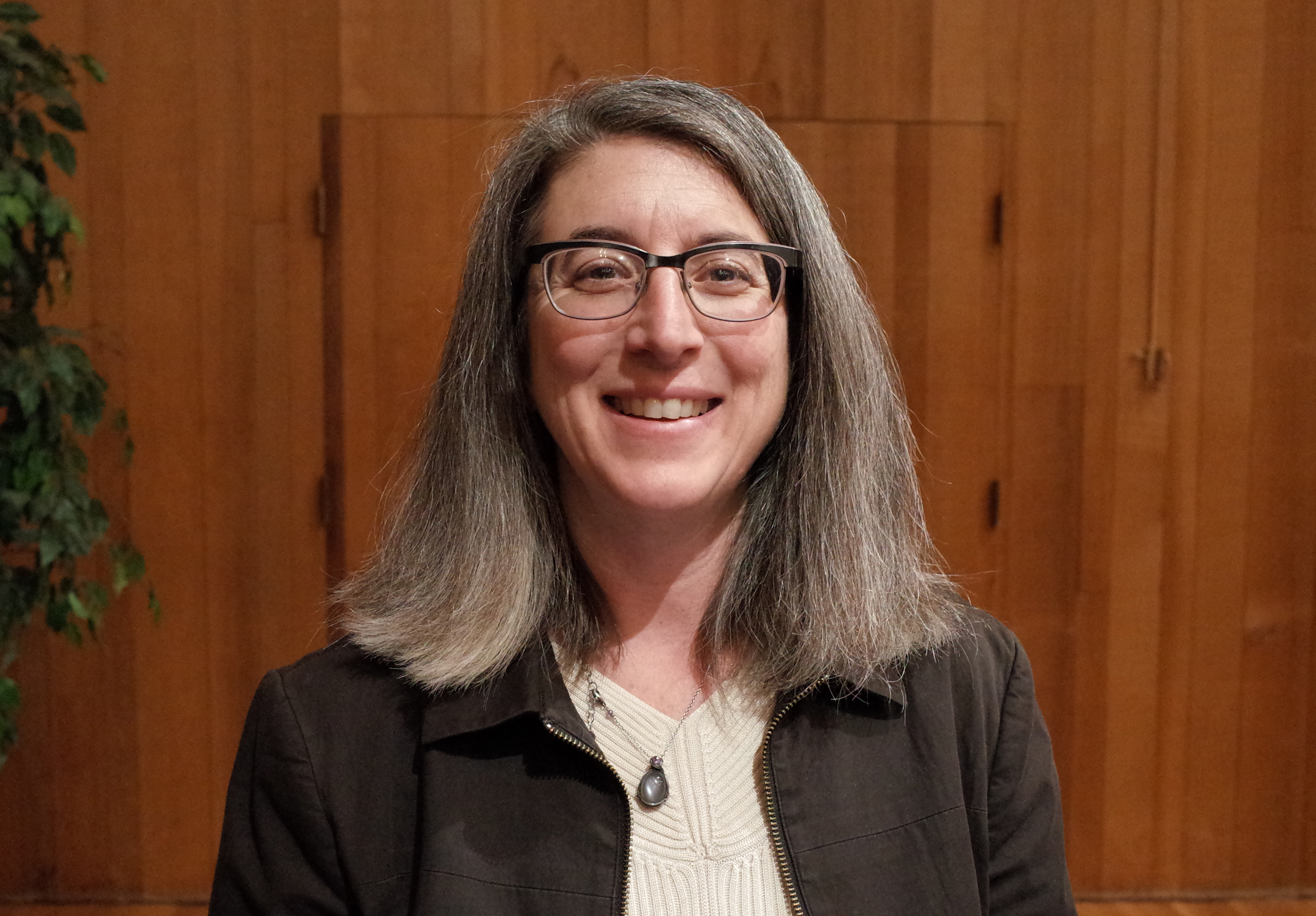We want them to pledge not to take action against the paper and all future papers as well, ... It's not appropriate for scientists to have to ask the industry for permission to present research.

"Cindy Cohn" is an United States/American Lawyer/attorney specializing in Internet law. She represented Daniel J. Bernstein and the Electronic Frontier Foundation in Bernstein v. United States. In 1997 she was recognized by California Lawyer Magazine as one of the Lawyers of the Year for this work. She currently serves as Legal Director and General Counsel for the Electronic Frontier Foundation. In 2006, Ms. Cohn was named one of the 100 most influential lawyers in America by the National Law Journal. Ms. Cohn also serves on the Board of Directors of the nonprofits Human Rights Advocates and the Verified Voting Foundation.
Cohn studied law at the University of Michigan. She received her undergraduate degree at the University of Iowa and the London School of Economics.
More Cindy Cohn on Wikipedia.I think that's creepy, and most people think that's creepy, and it's not disclosed.
We hope this settlement will make a lot of content holders, especially record companies, think twice about going down a similar road. Technology that is effective at stopping copying will always run the risk of exposing computers to hackers.
Chevron used the Nigerian military as their security force and that resulted in gross human rights violations.
Music fans shouldn't have to install potentially dangerous, privacy intrusive software on their computers just to listen to the music they've legitimately purchased.
[The Electronic Frontier Foundation said it tried to persuade Sony to take the offending software off the discs.] We negotiated with them, ... and they agreed to do a lot of things. But they left undone a lot of things they said they wouldn't do.
We think it's a good settlement for people who bought the discs.
The proposed settlement will provide significant benefits for consumers who bought the flawed CDs. Under the terms, those consumers will get what they thought they were buying -- music that will play on their computers without restriction or security risk.
The DMCA set up a system where, essentially, the government outsourced censorship of science.
Copyright © 2024 Electric Goat Media. All Rights Reserved.